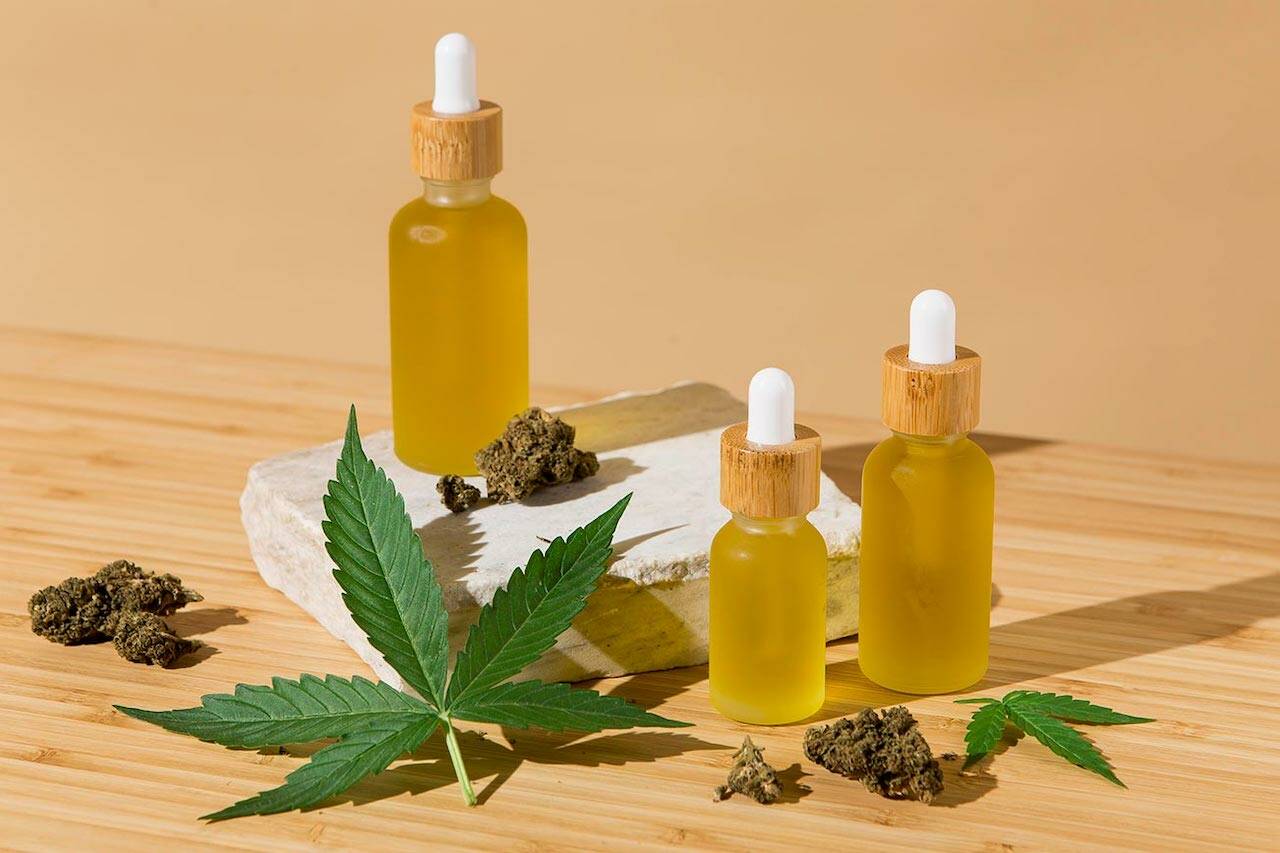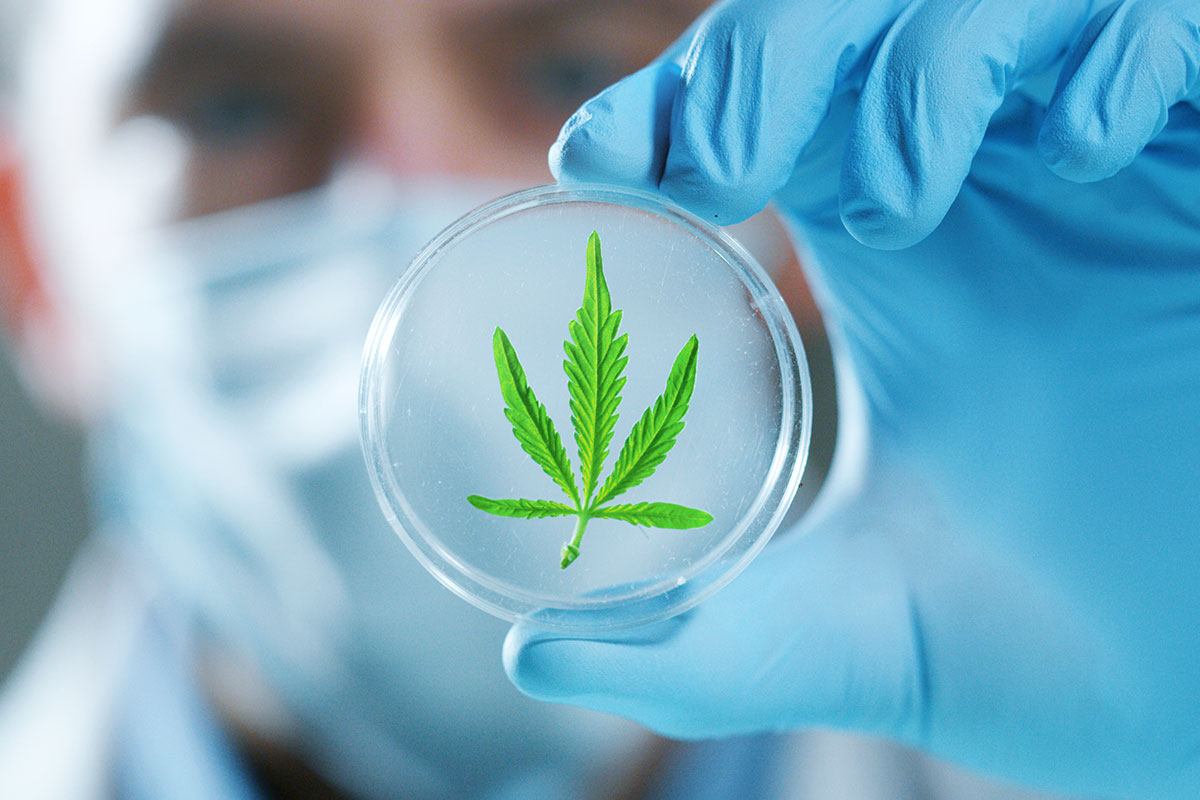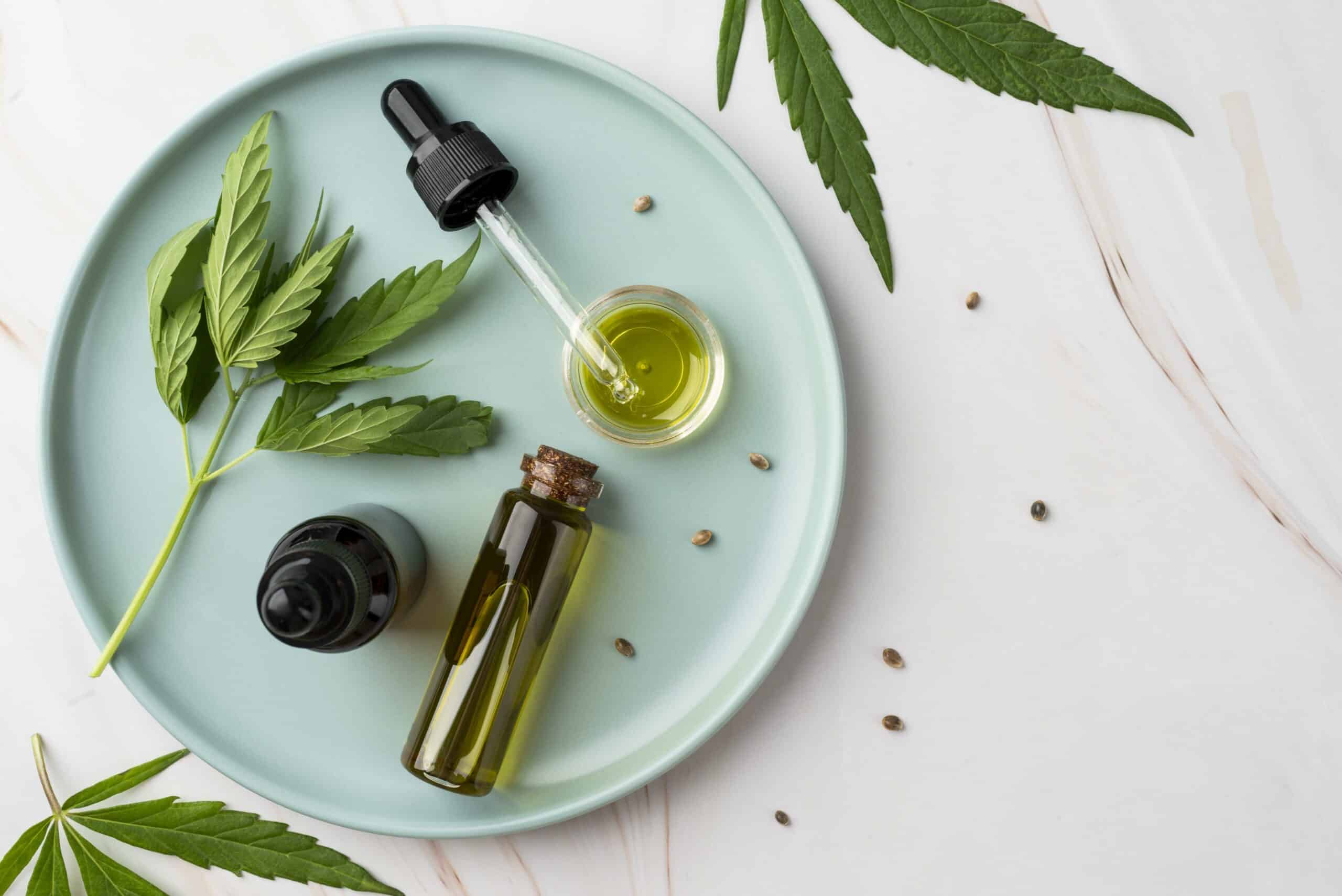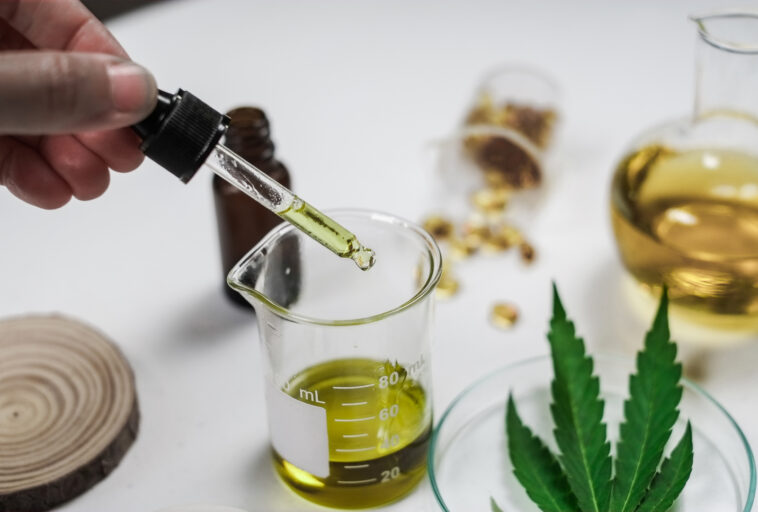CBD products have flocked the market, turning heads with their promises and potential. Aside from commonly known options like oils and tinctures, you can now find CBD infused in teas, snacks, and even makeup products. Who would have thought such a substance, once viewed warily as a “drug,” would find its way into our daily routines in such versatile forms?
And it’s not just the range of products that’s expanding. Could you guess the industry’s worth right now? A whopping $9.4 billion in 2024, and get this: it’s expected to reach $31.85 billion by 2027! If that’s not a gold mine, I don’t know what is. This is the reason why every entrepreneur and company wants to get into this industry. And like any promising market, some want to get there by all means, even if that means compromising on quality or cutting corners.
So how can you protect yourself in this rapidly growing yet somewhat unregulated market? Well, it’s through 3rd party testing. In the following sections, we’ll look at what it means, what it involves, and why it’s important for you as a consumer to buy products that have been third-party tested. Let’s get started!
What is 3rd-Party Testing?

Third-party testing is exactly as it sounds; a product is taken to a third-party testing facility to verify that what’s on the label matches what’s inside the bottle or package.
So, for every batch of CBD products, a sample is sent to an accredited independent facility, such as the ACS Laboratory. Here a series of comprehensive tests are conducted to scrutinize the product’s composition, potency and safety.
What Do Third-Party Tests Involve?
At the forefront of ensuring the quality and safety of CBD products, 3rd-Party CBD testing lab encompasses several critical areas, including the often-overlooked yet vital aspect of terpene profiling. These key aspects are at the core of what 3rd-party testing labs like ACS focus on:
- Cannabinoid Content and Potency: One of the first and most crucial aspects evaluated is the product’s cannabinoid profile. This involves measuring the exact levels of CBD and other cannabinoids present. It’s not just about verifying that the product contains the amount of CBD claimed on the label; it’s also about ensuring the product complies with legal limits for THC and other compounds.
- Terpene Profiling: Terpenes, the compounds that give plants their distinct aromas, also play a crucial role in the therapeutic properties of CBD products. Testing for terpene helps in understanding the product’s full spectrum of benefits and ensures that consumers receive a well-rounded, effective product.
- Screening for Harmful Substances: Another vital area of focus is the screening for any potential contaminants. The lab tests for the presence of heavy metals, pesticides, solvents, and other harmful substances that could pose health risks to consumers. This step is imperative to ensure that the products are not just effective, but also safe for consumption.
- Label Accuracy: The accuracy of product labeling is another critical aspect. The lab verifies that the information on the product’s label accurately reflects its contents. This includes checking the listed concentrations of CBD and THC, as well as any other claimed ingredients. Accurate labeling is crucial not only for consumer trust but also for regulatory compliance.
Reasons Why 3rd-Party Testing Is Important for Consumers

The benefits of 3rd-party testing extend far beyond the laboratory doors, directly impacting consumers in several meaningful ways. Understanding these benefits helps in appreciating why this testing is more than just a regulatory formality:
Assurance of Safety and Quality:
First and foremost, 3rd-party testing provides consumers with peace of mind. Knowing that a product has undergone rigorous and unbiased testing means you can trust its safety and efficacy. This assurance is invaluable in a market where new products and brands are constantly emerging.
Transparency and Trust:
In an industry where claims can be as abundant as the products themselves, 3rd-party testing offers a layer of transparency. Test results and certifications from these independent labs allow consumers to verify claims for themselves, fostering a sense of trust.
Informed Decision Making:
Armed with information from 3rd-party tests, consumers can make more informed choices. Whether it’s understanding the potency of a product, its cannabinoid profile, or its purity, this information guides consumers to products that best suit their needs and preferences.
Benefits of 3rd-Party Testing for Manufacturers

The advantages of 3rd-party testing aren’t limited to consumers. Manufacturers also stand to gain significantly from this process. Here’s how:
Differentiation in a Crowded Market:
In the bustling CBD market, standing out is key. Manufacturers who invest in 3rd-party testing can differentiate their products by demonstrating a commitment to quality and safety. This can be a decisive factor for consumers navigating through a multitude of choices.
Enhanced Brand Credibility:
Trust is a currency in the business world, and 3rd-party testing helps build it. When manufacturers show that their products are independently verified for quality, they enhance their brand’s credibility. This trust can lead to increased customer loyalty and brand advocacy.
Regulatory Compliance and Standardization:
The CBD industry is subject to evolving regulations. By adhering to stringent 3rd-party testing protocols, manufacturers can ensure they meet current standards, avoiding potential legal pitfalls and staying ahead in a regulatory landscape that can be as dynamic as the market itself.




